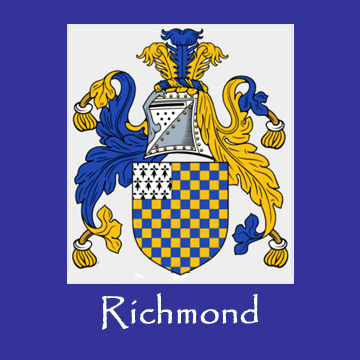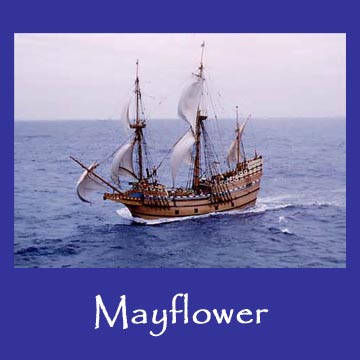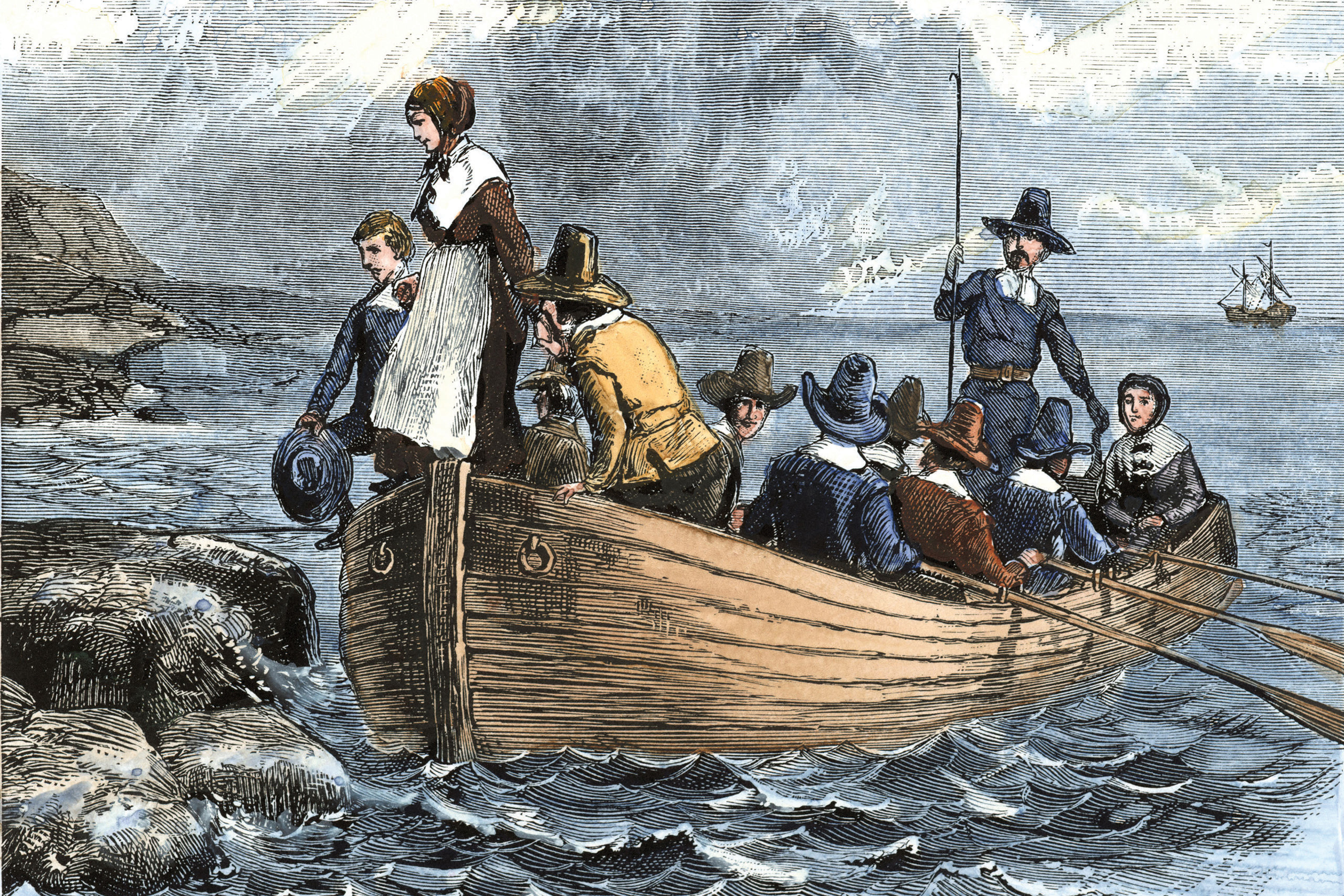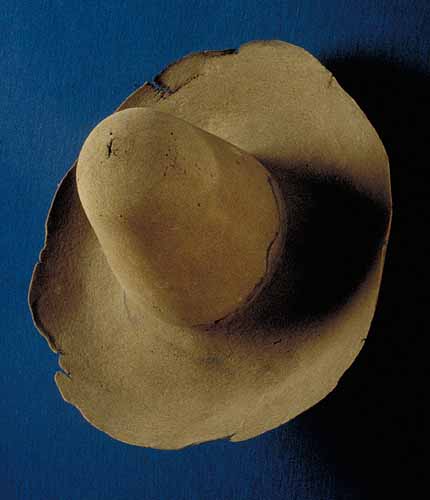
Featured Ancestor
Constance Hopkins, Mayflower Pilgrim
9th Great Grandmother of Kelly Dunn (Richmond)


Constance Hopkins
Constance came with her family on the Mayflower in 1620 at the age of 14. Constance is also sometimes listed as Constanta.
She was probably born in Hursley, England since her baptism record is there along with older sister and younger brother. She was baptized on 11 May 1606 in Hursley, Hampshire, England, to parents Stephen Hopkins and his first wife Mary. Constance was the second daughter of Stephen Hopkins, by his first wife, Mary. Some believe she was named in honor of Constance (Marline) Hopkins.
Constance, at the age of fourteen, along with her father and his second wife Elizabeth (Fisher), accompanied by brother Giles, half-sister Damaris as well as two servants by the name of Edward Doty and Edward Lester were passengers on the Mayflower on its journey to the New World in 1620. Along the way her half-brother Oceanus was born, the only child born on the Mayflower journey.
Her memorial plaque, in the Cove Burying Ground in Eastham, Massachusetts, placed in 1966 by descendants, states in part “Wife of Nicholas Snow, Eastham’s first town clerk 1646 – 1662”. We do not know the exact location of their graves.
Constance’s future husband, Nicholas Snow, arrived in Plymouth aboard the ship Anne in 1623. Constance married Nicholas sometime before the Division of Cattle which occurred May 22, 1627. Nicholas came to Plymouth on board the ship Anne in 1623 and was made a freeman at Plymouth in 1633. They lived in Plymouth for a couple decades. Around 1645, the family moved to Eastham. The inventory of Nicholas Snow’s estate made at his death lists a wide variety of cooper’s and carpenter’s tools; this may indicate his trade. He was a town clerk at Eastham and held several other local government offices.
According to Governor William Bradford, who wrote between March 6 and April 3, 1651:
“Constance is married, and has 12 children all of them living, and one of them married”.
Constance Hopkins is the central character in Patricia Clapp‘s young adult novel Constance: A Story of Early Plymouth. Clapp herself was a descendant of Hopkins.

